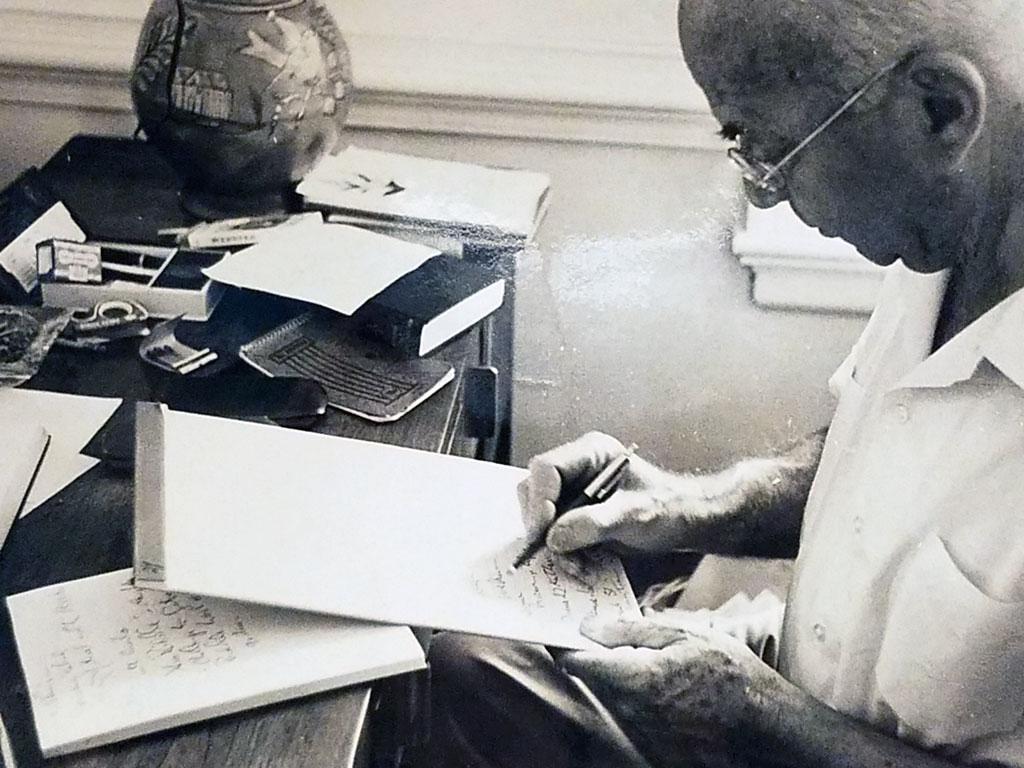
Hailed as a masterpiece on its original publication in 1921, Three Soldiers is a gripping exploration of fear and ambition, conformity and rebellion, desertion and violence.
Part of the generation that produced Ernest Hemingway and Ford Madox Ford, John Dos Passos wrote one of the most grimly honest portraits of World War I. Three Soldiers portrays the lives of a trio of army privates: Fuselli, an Italian American store clerk from San Francisco; Chrisfield, a farm boy from Indiana; and Andrews, a musically gifted Harvard graduate from New York. Hailed as a masterpiece on its original publication in 1921, the novel is a gripping exploration of fear and ambition, conformity and rebellion, desertion and violence, and the brutal and dehumanizing effects of a regimented war machine on ordinary soldiers.
In Three Soldiers, he introduces readers to a Harvard aesthete who joins the army out of idealism and his two buddies. Their illusions crumble under the tyranny, red tape, and boredom of the military one by one. The soldiers’ reactions range from bitterness to rage, and—for one—murder, in this vivid portrayal of the human spirit caught in the grip of war.



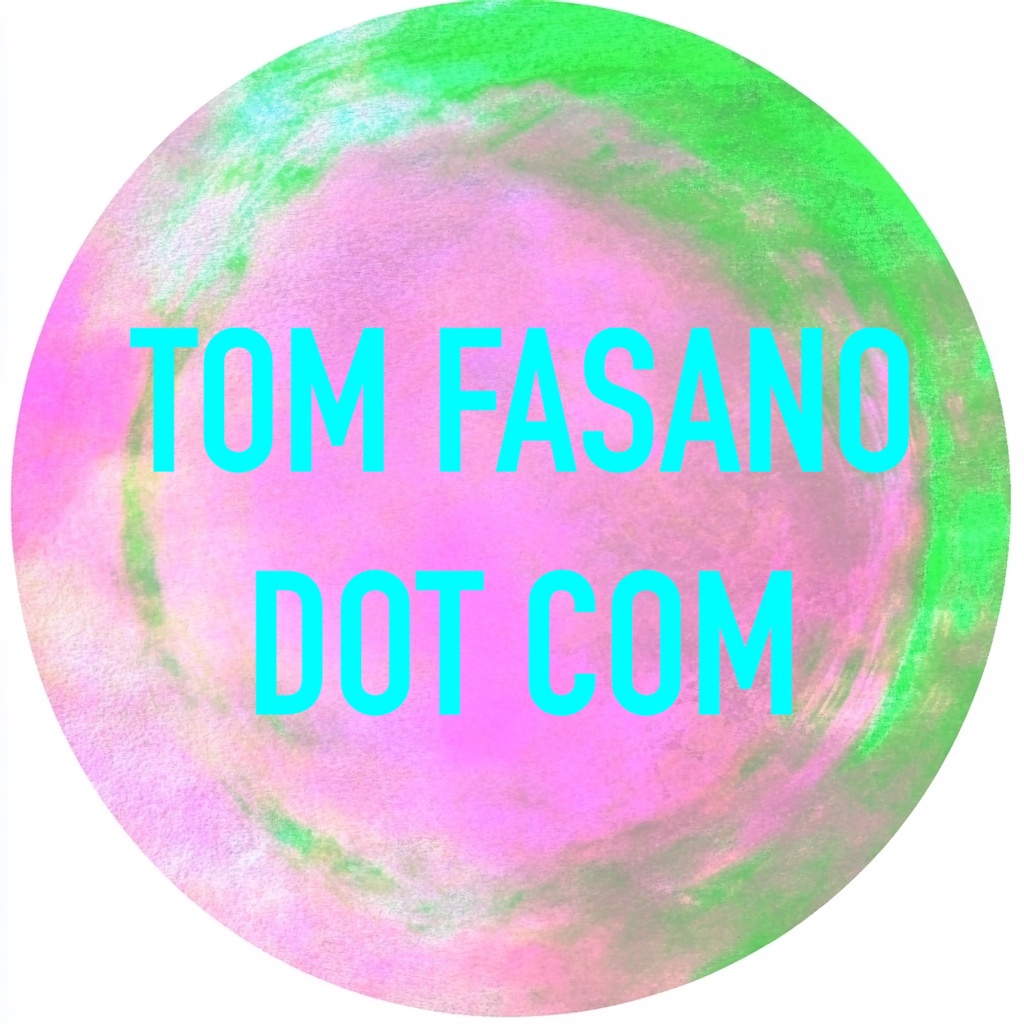
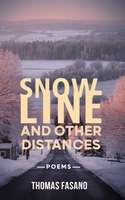
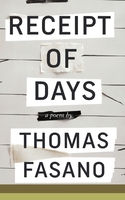
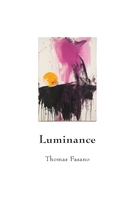
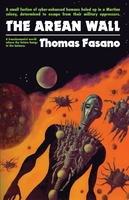





Recent Comments